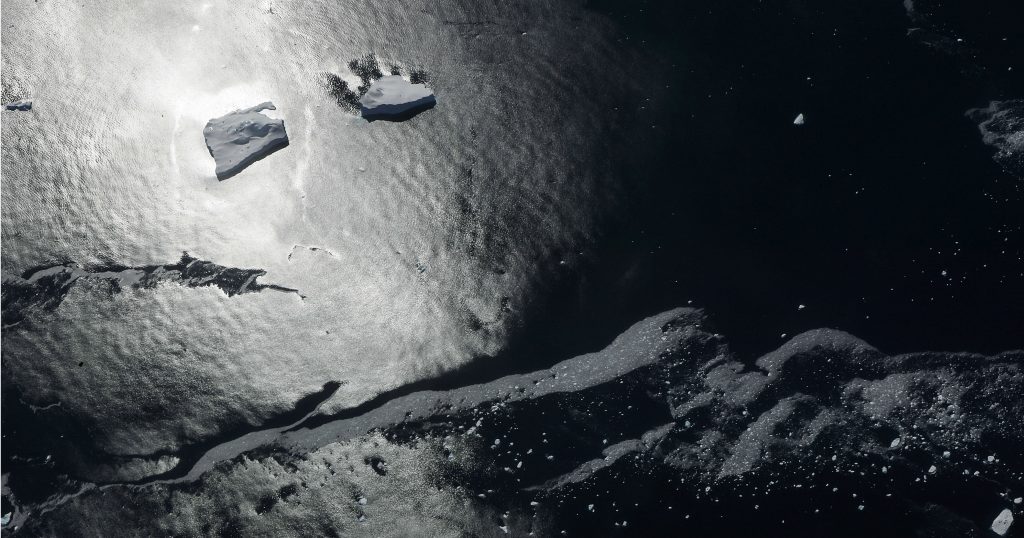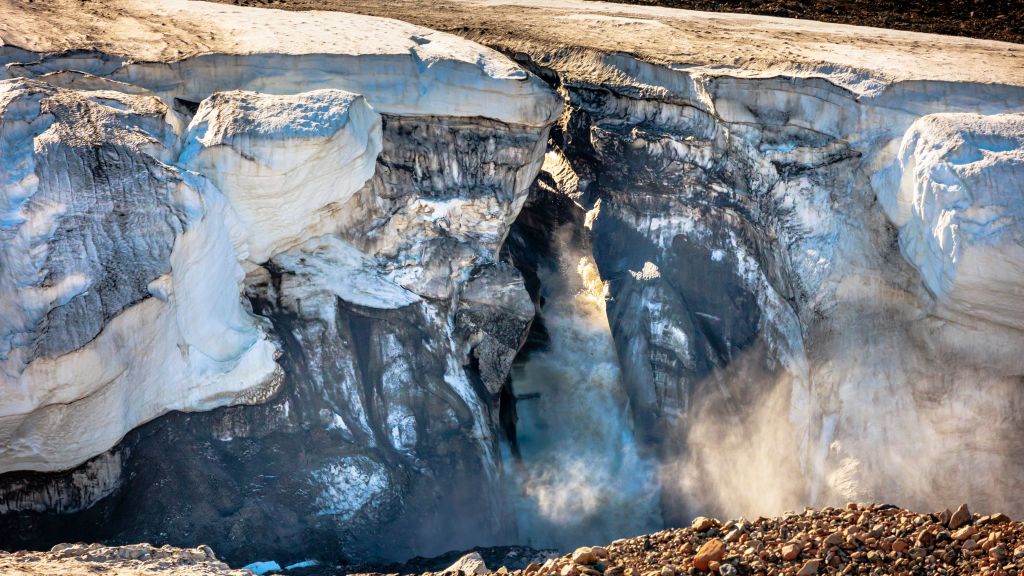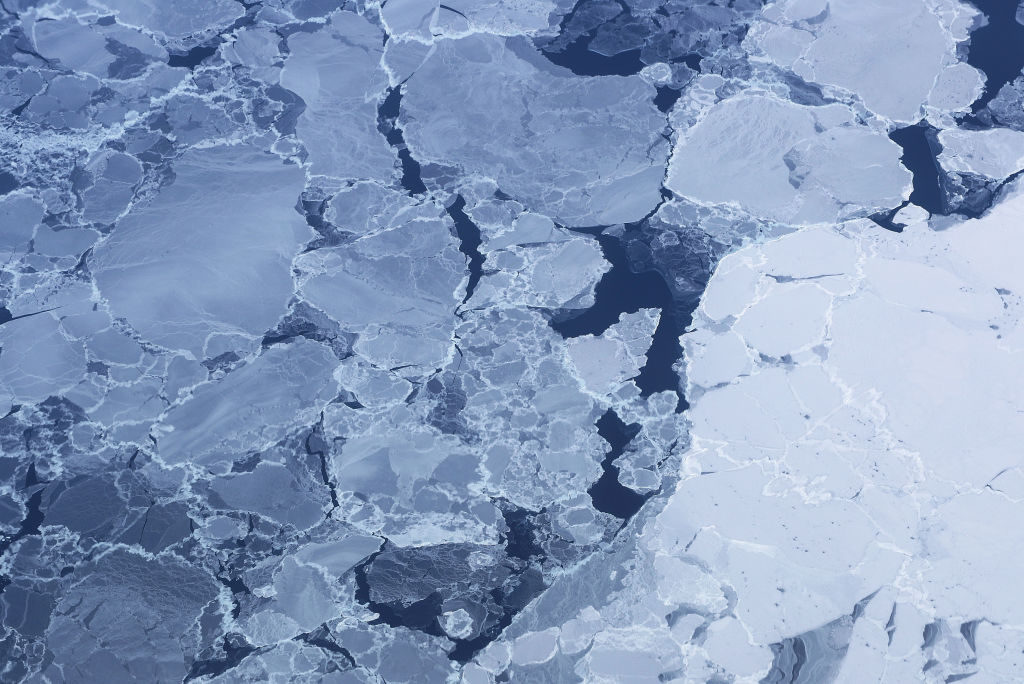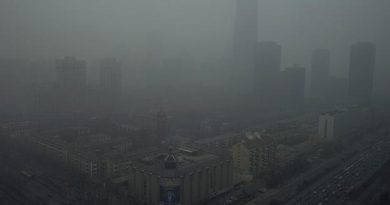Antarctic sea ice lowest on record, continued glacier mass loss in Arctic: WMO report

(Mario Tama/Getty Images)
The lowest Antarctic sea ice extent on record and glacier mass loss in parts of the Arctic are just two examples marking the continued impacts of record levels of heat-trapping greenhouse gases in 2022, the World Meteorological Organization (WMO) said in a new report on Friday.
Droughts, floods and heatwaves also affecting communities across the globe, and incurring billions of dollars in costs, the WMO said.
“While greenhouse gas emissions continue to rise and the climate continues to change, populations worldwide continue to be gravely impacted by extreme weather and climate events,” WMO Secretary-General Petteri Taalas said on Friday when the report was released.
“For example, in 2022, continuous drought in East Africa, record breaking rainfall in Pakistan and record-breaking heatwaves in China and Europe affected tens of millions, drove food insecurity, boosted mass migration, and cost billions of dollars in loss and damage.”
Glaciers in trouble
Besides the record low of Antarctic sea ice extent, the WMO State of the Global Climate in 2022 report also listed record glacier melt loss in Europe; sea level and ocean heat records; and global mean temperatures for the last eight years that were the highest on record.
“For global temperature, the years 2015-2022 were the eight warmest on record despite the cooling impact of a La Niña event for the past three years,” the WMO said in a news release.
“Melting of glaciers and sea level rise – which again reached record levels in 2022 – will continue to up to thousands of years.”
Troubling data for the world’s glaciers include the Greenland Ice Sheet ending with a negative total mass balance for the 26th year in a row.

Of the glaciers with long-term observational data looked at, the change in average thickness was around −1.3 metres between October 2021 and October 2022.
“This loss is much larger than the average of the last decade,” the WMO said. “Six of the ten most negative mass balance years on record (1950-2022) occurred since 2015. The cumulative thickness loss since 1970 amounts to almost 30 m.
The report said glaciers in regions as diverse as Asia, western North America, South America and parts of the Arctic also had substantial mass loss.
Two places where mass gains were recorded include Iceland and Northern Norway as a result of a cool summer and higher-than-average precipitation, the report said.
Sea ice at the poles
Arctic sea ice at the end of the summer melt in September was the 11th lowest minimum recorded by satellite.
The situation was more dramatic at the South Pole, where on February 25, 2022, the extent dropped to the lowest on record at 1.92 million km2. The report said this was nearly 1 million km2 below the long-term mean recorded from 1991-2020.

The 2022 WMO State of the Global Climate was released on April 21, the day before Earth Day 2023. Earth Day was founded in 1970 to raise awareness about environmental protection.
The WMO says the report’s findings echo the message of the United Nations’ Secretary-General Antonio Guterres for the 2023 event.
“We have the tools, the knowledge, and the solutions,” Guterres said.
“But we must pick up the pace. We need accelerated climate action with deeper, faster emissions cuts to limit global temperature rise to 1.5 degree Celsius. We also need massively scaled-up investments in adaptation and resilience, particularly for the most vulnerable countries and communities who have done the least to cause the crisis.”
The WMO global climate report is released annually and is put together with information from institutions, UN agencies, weather and meteorological services and climate research centres around the world.
Write to Eilís Quinn at eilis.quinn(at)cbc.ca
Related stories from around the North:
Canada: Climate change affecting composition of forests in Yukon, Canada, study finds, CBC News
Greenland: COP27— Indigenous knowledge must be included in policy making say Inuit leaders, Eye on the Arctic
Norway: Norway ups climate ambitions…and boosts its fossil fuels, The Independent Barents Observer
Russia: Russian Arctic coal is looking for way out of sanctions, The Independent Barents Observer
Sweden: Will the green transition be the new economic motor in the Arctic?, Eye on the Arctic



